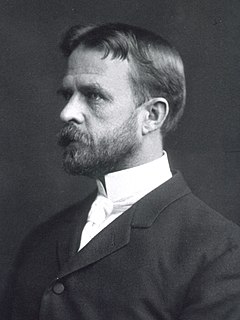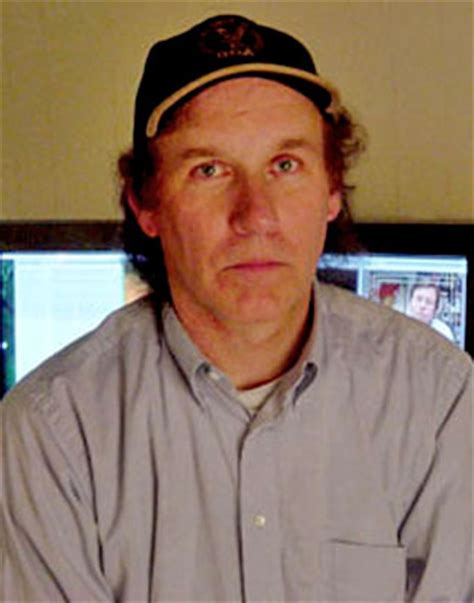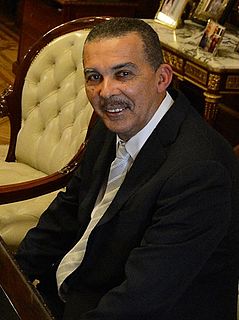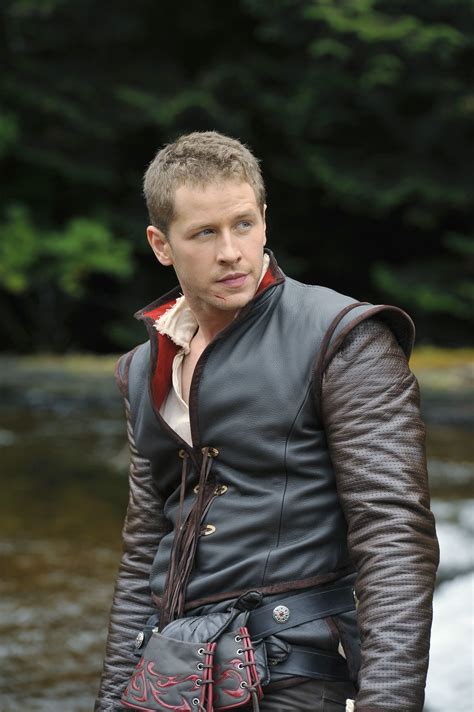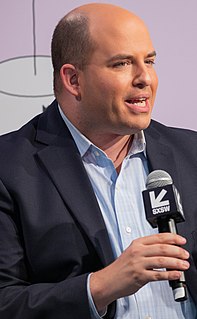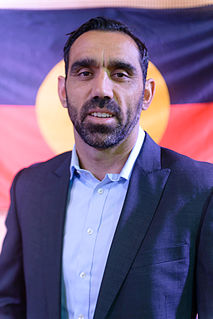A Quote by Dave Abrams
The modern wars are also omnipresent in our electronic media - to be cynical about it, we now have 24 hours of non-stop bloodshed available to us. The internet and real-time media reporting were integrated into daily life in Iraq.
Related Quotes
In volume and velocity, the new media are making available testimony on a previously unimaginable scale. I'm neither as romantic about the new media landscape, nor cynical. But what's indisputable is the experimental energy that digital forms are unleashing. Among my students and among up-and-coming artists, I find myself startled by the creative responses to the technological, environmental, and political upheavals of our time.
I had been thinking independently about our ability to forget things that happened, specifically, events that clearly were wrong, that crossed the line. It seemed to me during the 2000 election recount that the media's narrative was being orchestrated. Shockingly, after the Supreme Court decision, the media simply said, "Time to move on," end of reporting: "Here's the new story." And everyone forgot.
I think that one of the challenges for a parent and myself as a parent is that we live in a very electronic media age. That's obvious to everyone. And I'm not opposed to time on computers or time with television or time with any other electronic media but I think that quiet, thoughtful interaction between one's self, your mind and words is an irreplacable thing.
The internet, like social media, seems to me to depend on how you use it, where you spend your time on it. I used to be quite anti-social media, but I can see now that it can be a good tool for artists, a way for us to speak to each other outside of standard economies and across languages and borders.
The media in the States can be quite self-reflective. When I lived in England, I was much more aware of the day-to-day politics that were happening. Living somewhere where the media involvement is greater and so omnipresent, you become pulled into it and, at the same time, because of that, politics changes and the way it's handled changes.
Because of the control of the media by corporate wealth, the discovery of truth depends on an alternative media, such as small radio stations, networks, programs. Also, alternative newspapers, which exist all over the country. Also, cable TV programs, which are not dependent on commercial advertising. Also, the internet, which can reach millions of people by-passing the conventional media.
For a blink of an eye, there was so much media glare. It was unexpected, and I don't think we realized the magnitude of the message we were imparting with 'The Nanny Diaries.' There was also this added challenge that some of the media power players whose publications were doing stories on us perceived us to be sniping at their lifestyles.
What's really going on here is, this is a media shift. It's comparable to what happened in the 1950s and the birth of electronic mass media back then.This is the birth of a new kind of personal media, where, instead of we're all watching one program, we're all watching each other. And the history of media makes it really clear. Whenever we have a big innovation, the first wave of stuff we do is pretty crummy. The printing press gave us pornography, cheap thrillers, and how-to books. Television gave us Newt Minow's vast wasteland.
The people are doing everything they can to stop Democrats! The problem is, the media is running the opposition, not the Democrats. You want to stop this? Stop the media. How do you stop the media? Turn 'em off, don't believe 'em, don't let 'em affect what you think and do. Beyond that, get creative.
In the founding days of the Constitution, the purpose of the media was to make sure that powerful government officials were held accountable. It really was. I mean, it was founders who hated the media like everybody else hates the media, but they understood the role they played. This media long ago when it comes to Hillary Clinton/Bill Clinton and the Democrat Party? No, no, no, no. They're the Democrat Party now. There is no media.



